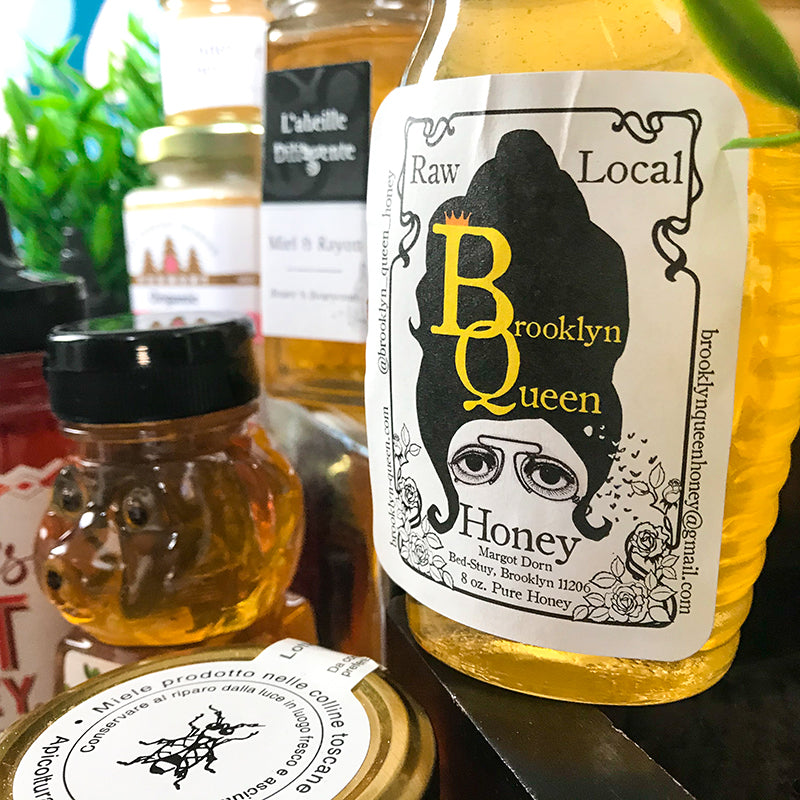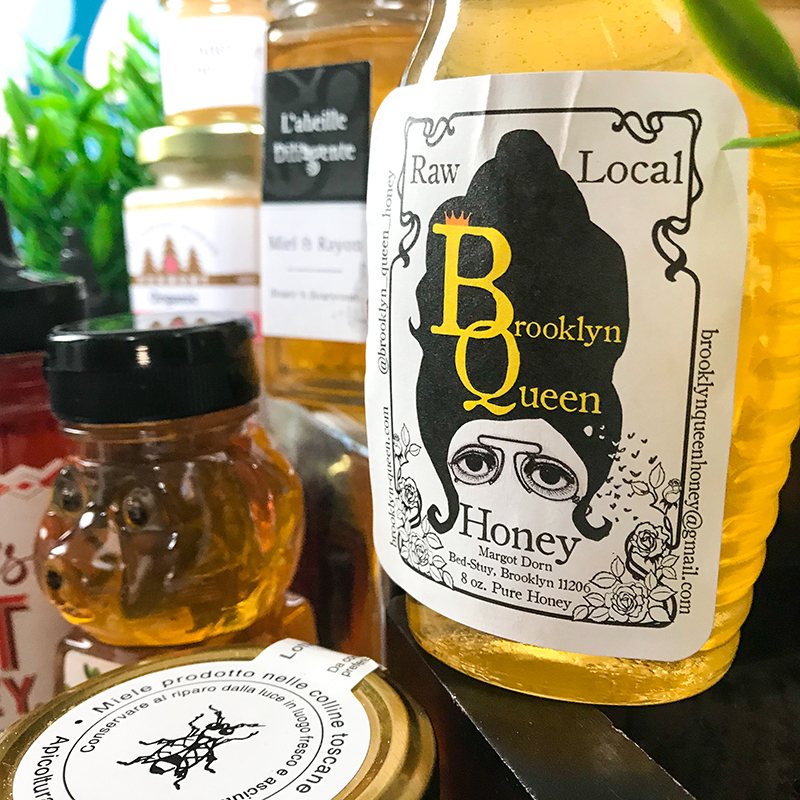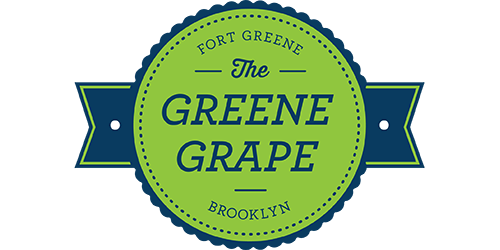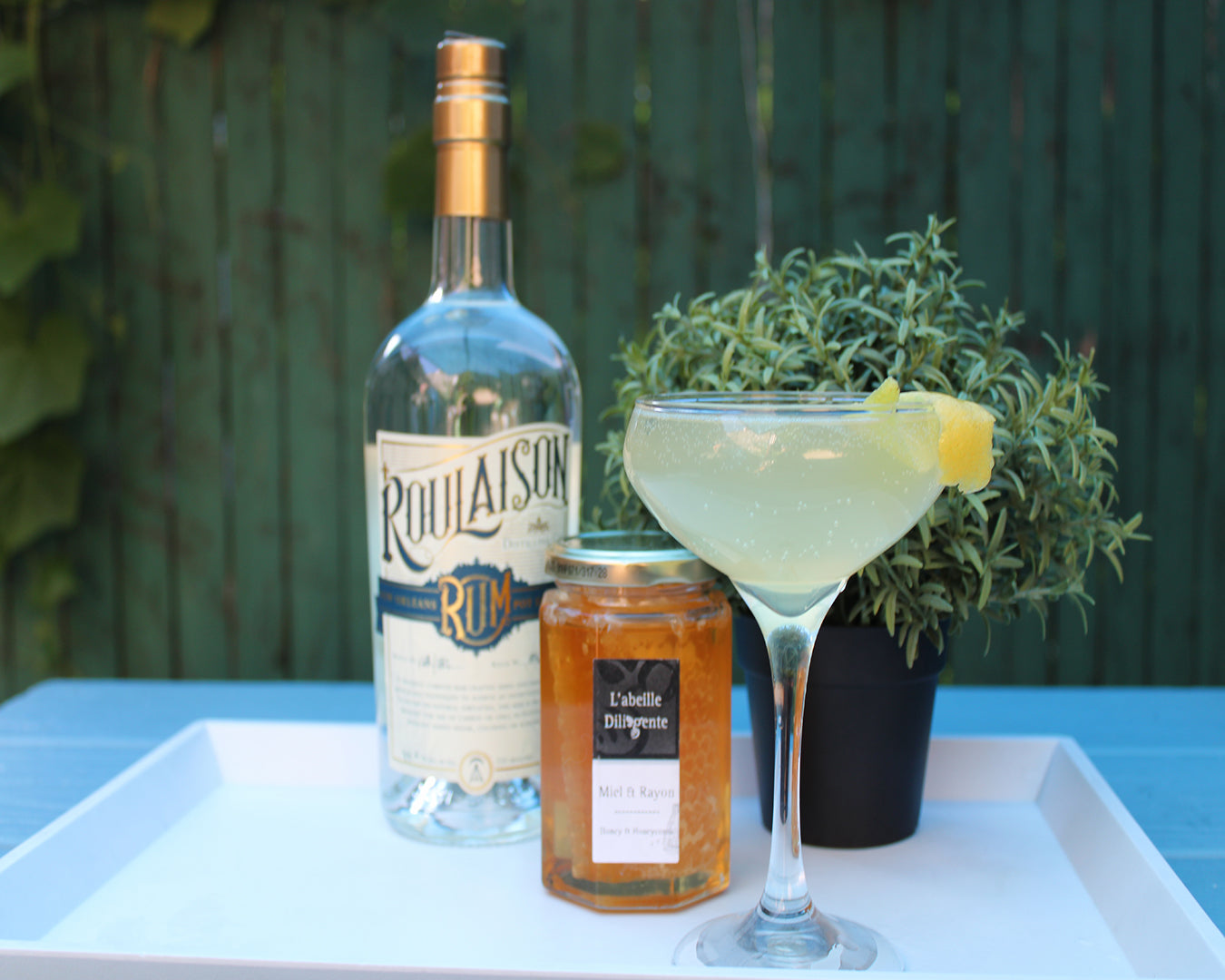
Q&A With A Queen Bee: Margot Dorn of Brooklyn Queen
Brooklyn Queen has long been a mainstay of our shelves here at Provisions, and with good reason. There is no honey we carry that’s more local than this, coming from an apiary located in a Bed-Stuy community garden. Thanks to the careful tending of founder, owner, and head apiarist Margot Dorn, the high quality of this raw honey truly shines. In honor of National Honey Bee Day, we thought we’d ask her a few questions about the buzz around raw honey and Brooklyn Queen.

What inspired you to start Brooklyn Queen?
I come from agricultural roots. My Grandfather was an Ohio grain farmer and my father was a large animal vet. Raising animals and growing food have always been important parts of my life. I am a teacher but I have always had hobby side businesses like flipping bikes, and upholstery, but raising bees and selling honey stuck. A Brooklyn queen is a queen that the bees make themselves and who gets mated on the streets of Brooklyn. I really liked the idea of the bees accomplishing this feat despite the world we have forced them to live in.
What are the benefits—environmental, personal, and beyond—of local honey?
I think it is important to know the beekeeper you are getting your honey from for two reasons. The first reason is you know what you are getting. By buying locally you can get to know the practices of the beekeeper and you know you are getting honey from hives that haven't been fed corn syrup. I am able to use organic treatments at a minimum because I use local varroa resistant stock. When you buy honey from the grocery store you have no idea what the bees have been treated with and if the treatments contaminated the honey.
The second reason is more about being a part of your environment in a conscious way. Eating local honey connects you to all the blooms that surround you throughout the year. This helps with allergies but it also helps you feel connected to and aware of your environment. When I tell you that the Spring honey has Linden in it, you might realize Linden is the predominant tree on your block. You might notice that it blooms In June and you might realize that the smell of the flowers reminds you of the honey. Just because we live in a city does not mean that there is not food all around us. Partaking in the food of each season in a way that connects you with nature is such a human endeavor. By supporting small scale beekeeping we are stepping out of the pollination for hire, agro-business model. We are educating ourselves and our communities about alternatives.
What is your favorite part of beekeeping?
My favorite part of beekeeping is making more hives. I like to watch the bees grown and to catch them right before they swarm. I use the bee's productive impulse to make new hives. I love watching these hives mate and grow. This can be a problem in the tiny spaces I work in so I have to be a good steward and community member.

